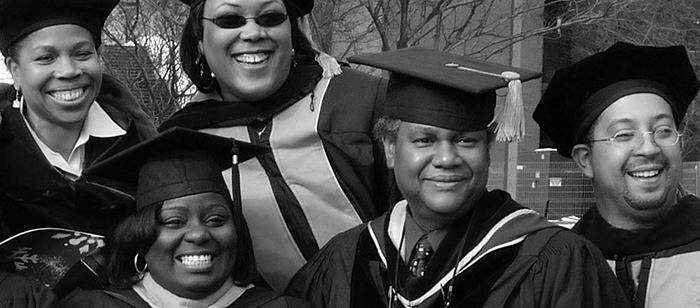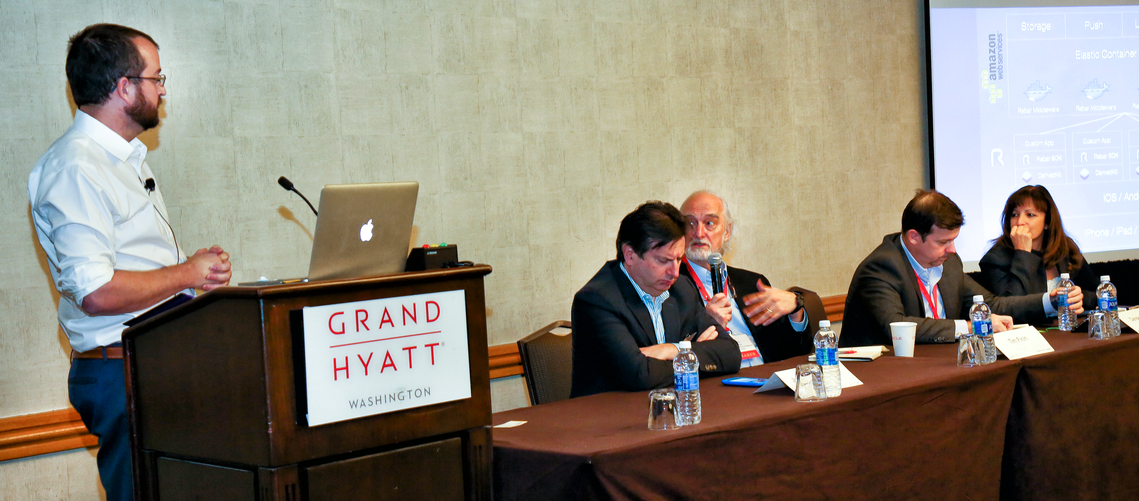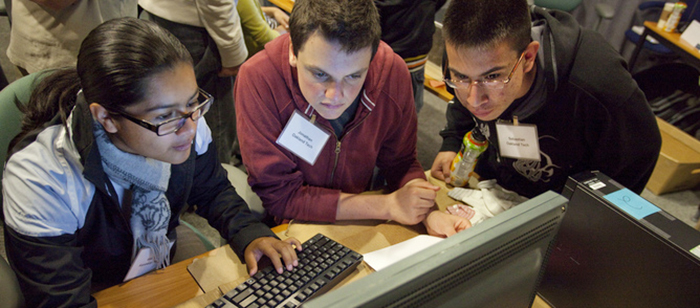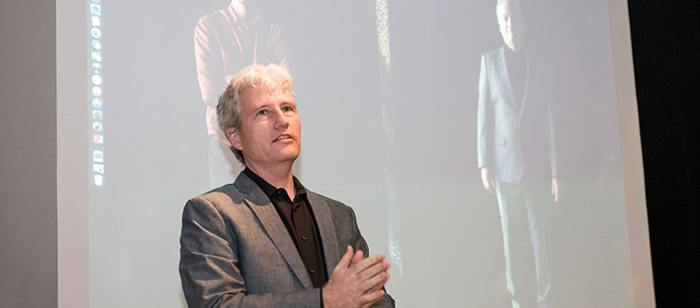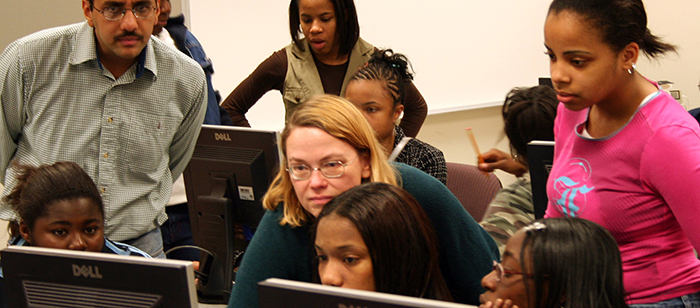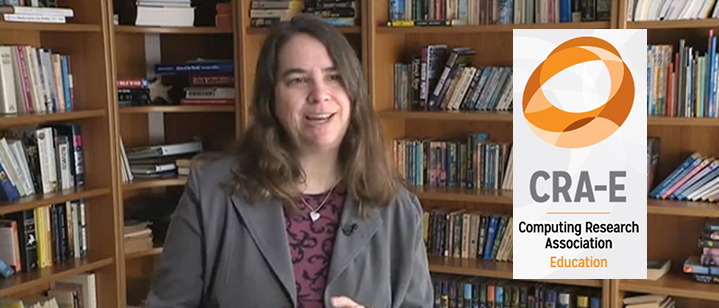
The UMBC CSEE Seminar Series Presents
Learning to Predict the Future from Unlabeled Data
Hamed Pirsiavash, CSEE Department, UMBC
1-2pm Friday, 28 October 2016, ITE 229
Anticipating actions and objects before they start or appear is a difficult problem in computer vision with several real-world applications. This task is challenging partly because it requires leveraging extensive knowledge of the world that is difficult to write down. We believe that a promising resource for efficiently learning this knowledge is through readily available unlabeled video. I will talk about our framework that capitalizes on temporal structure in unlabeled video to learn to anticipate human actions and objects. The key idea behind our approach is that we can train deep networks to predict the visual representation of images in the future. I will also talk about our recent work on a Generative Adversarial learNing (GAN) architecture that generates a novel video given the first frame.
Hamed Pirsiavash is an assistant professor at the University of Maryland, Baltimore County (UMBC) since August 2015. Prior to that, he was a postdoctoral research associate at MIT working with Antonio Torralba. He earned his PhD at the University of California Irvine under the supervision of Deva Ramanan (now at CMU). He performs research in the intersection of computer vision and machine learning.
Organizers: Professors Tulay Adali () and Alan T. Sherman ()
About the CSEE Seminar Series: The UMBC Department of Computer Science and Electrical Engineering presents technical talks on current significant research projects of broad interest to the Department and the research community. Each talk is free and open to the public. We welcome your feedback and suggestions for future talks.

